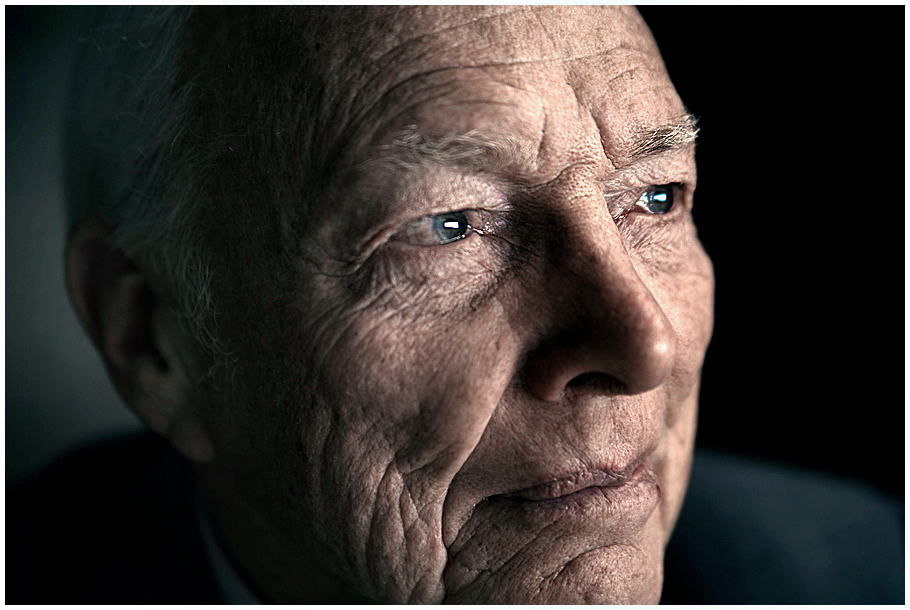Communication is the essence of human interaction, a fundamental bridge that connects us to the world around us. In our journey through life, our ability to express thoughts, emotions, and desires through speech is a cornerstone of our existence. However, for some adults, this journey is fraught with difficulties that can obstruct effective communication. Whether it’s the aftermath of a stroke, the complexities of neurological disorders, or the struggles with conditions like apraxia, stuttering, and dysphagia, these challenges can be isolating and frustrating. However, within the realm of speech pathology and therapy, there exists a beacon of hope and transformation.
The Complex World of Adult Speech Challenges
The world of adult speech challenges is intricate, encompassing a wide range of conditions that impact communication. Stroke therapy for adults is a critical aspect of this landscape. After a stroke, communication abilities can be profoundly affected due to damage to the brain’s language centers. Adults may experience difficulty speaking, understanding language, or finding the right words. This is where the expertise of speech pathologists becomes invaluable.
The Role of a Speech Pathologist: Houston, Baltimore and Beyond
In Houston and Baltimore areas, speech pathologists are dedicated professionals; specialize in diagnosing and treating various speech and language disorders in adults. With their in-depth knowledge of neurology, linguistic processes, and rehabilitation techniques, speech pathologists play a pivotal role in breaking the barriers that communication challenges can erect.
For adults dealing with neurological disorders, speech pathologists become guides on a journey toward regaining communication abilities. Neurological disorders can manifest in different ways, such as difficulties with speech clarity, voice modulation, and language comprehension. A speech pathologist works closely with individuals to develop tailored therapy plans that address their specific challenges, gradually unraveling the complexities that neurological conditions can impose.
Overcoming the Silence: Apraxia, Stuttering, and Dysphagia
Apraxia is another challenge that some adults face, often arising due to brain injury or other neurological conditions. It disrupts the brain’s ability to plan and coordinate the precise movements necessary for speech. Adults with apraxia may struggle to form words and sentences despite having intact language comprehension. Speech pathologists employ targeted exercises and strategies to help individuals with apraxia retrain their speech muscles and regain fluency.
Adults can also experience stuttering, a condition that causes disruptions in the natural flow of speech. It can lead to self-consciousness, avoidance of certain words or situations, and even hinder social interactions. Speech pathologists work with adults who stutter to identify triggers and develop techniques that promote smoother and more confident speech.
Dysphagia, on the other hand, is a challenge that affects swallowing. It can lead to difficulties eating and drinking, impacting both physical health and self-esteem. Speech pathologists specializing in dysphagia work collaboratively with medical professionals to assess and manage swallowing difficulties, ensuring that individuals can safely enjoy meals and beverages.
Stroke Therapy: Reclaiming Communication
After a stroke, adults may find their ability to communicate compromised. This is where stroke therapy becomes a beacon of hope. Stroke therapy aims to restore communication by addressing language and speech difficulties through a combination of techniques. Speech pathologists assess the specific impact of the stroke and design personalized therapy plans that target areas needing improvement.
Through exercises focused on articulation, language comprehension, and communication strategies, individuals gradually rebuild their communication skills. The journey is not just about regaining words; it’s about reclaiming the ability to connect, express, and engage with the world in a meaningful way.
Triumph Through Transformative Therapy
While the challenges adults face in their communication journey may be daunting, the field of speech pathology offers transformative solutions. The expertise of speech pathologists can remove the obstacles that previously prevented successful communication and replace them with triumphs and successes.
Speech pathologists work tirelessly to understand the unique needs of each individual and tailor therapy approaches that foster progress. They provide a safe and supportive environment where adults can work towards their communication goals, no matter how intricate or complex their challenges may be.
In the heart of Houston and across Maryland, speech pathologists empower adults to take control of their communication journey. They guide individuals through the maze of neurological disorders, stroke recovery, apraxia, stuttering, and dysphagia, helping them find their voice once again.
The journey from speech challenges to triumphs is a testament to the human spirit’s resilience and the expertise of dedicated professionals. Through stroke therapy the dedication of speech pathologists in Baltimore and Houston, and the unwavering commitment to overcoming apraxia, stuttering, and dysphagia, adults can rediscover the power of communication.
The barriers that once seemed insurmountable can be broken down, one word at a time. With every milestone achieved, every improvement celebrated, and every connection made, the triumph becomes more evident. In the world of speech pathology, adults rewrite their stories, turning challenges into opportunities and communication hurdles into bridges that lead to understanding, connection, and the joy of being heard.
